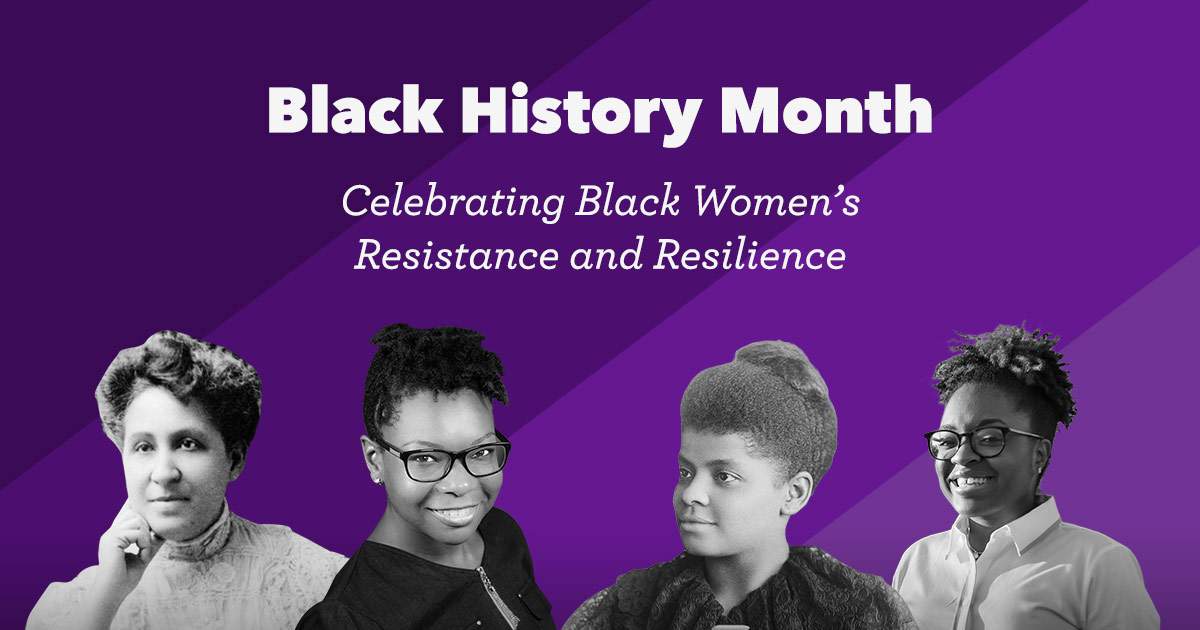|
Stacy M. BrownWomen's Suffrage Movement Pestilences Among Obstacles Endured By Black Women of Suffrage Movement By Stacy M. Brown EXCERPT FROM THE WASHINGTON INFORMER. Please Subscribe to D.C.'s Premiere Local Newspaper This is part of an ongoing Washington Informer series about the Women’s Suffrage Movement and an initiative that includes Informer Publisher Denise Rolark Barnes that will use the lens of history, the fabric of art and culture and the venue of the public square to shine a light into dark places, equipping all with a compass to chart the way forward. The initiative lives in the institutional home of the Washington Informer Charities. The coronavirus pandemic comes on the heels of the 100th anniversary of the ratification of the 19th Amendment that gave women in America the right to vote — fitting, since the women’s suffrage movement began by having to not only overcome opposition but pestilences. One such disease was the typhus epidemic that hit the U.S. hard. That disease claimed 20,000 lives between 1847 and 1852. By 1920, suffragists had to also deal with the Encephalitis lethargica pandemic, which killed 1.5 million people worldwide, and just two years before the ratification of the 19th Amendment, the Spanish flu wreaked havoc on the world, causing an estimated 100 million deaths between 1918 and 1920. For suffragists, pestilences were just another obstacle, particularly for Black women. Women such as Sojourner Truth, Harriet Tubman, Maria W. Stewart, Henrietta Purvis, Harriet Forten Purvis, Sarah Redmond and Mary Ann Shadd Cary endured racism, sexism and, like the rest of the world, the onslaught of deadly viruses. Yet they remained committed to fighting for women’s rights, and during the antebellum period, each was actively involved in advocating for women’s rights and suffrage. According to an essay written by Sharon Harley for the National Park Service, following the 1848 women’s rights convention in Seneca Falls, New York, prominent free Black women abolitionists and suffragists attended, spoke, and assumed leadership positions at multiple women’s rights gatherings throughout the 1850s and 1860s. In 1851, former slave Sojourner Truth delivered her famous “Ain’t I a Woman” speech at the national women’s rights convention in Akron, Ohio. Sarah Remond and her brother Charles won wide acclaim for their pro-woman suffrage speeches at the 1858 National Woman’s Rights Convention in New York City. “Like white suffragists, African American women linked suffrage to a multitude of political and economic issues to further their cause and engaged in multiple strategies to secure women’s political and voting rights within and outside the organized suffrage movement,” Harley wrote. “At the same time, they combatted anti-Black discrimination in the southern United States and within the predominantly white national woman suffrage organizations.” As preparations to observe the ratification of the 19th century likely will stall because of the coronavirus, many may note the various pestilences, disease and other obstacles that faced all in the original suffrage movement. “Historians are relatively silent about the relationship between state-level women’s suffrage laws and local hygiene campaigns,” Grant Miller wrote for the U.S. National Library of Medicine National Institutes of Health.Check out the new feature on our website! Please visit our Black Experience Channel at: http://washingtoninformer.com/news/black-experience Like The Washington Informer on Facebook!
0 Comments
Leave a Reply. |
Ayo Handy-Kendi is reknown as the Breath Sekou, which means in the Guinea language "a master teacher". She has worked with breath techniques for over 50 years and loves teaching "the power of the breath". She has created a system called Optimum Life Breathology (O.L.B.) which teaches 12 common breath techniques with 4 breath practices. As a Wholistic Practitioner she incorporates sound healing, laughter yoga, Reiki, healing touch, movement, behavior modification and stress management and oxygen concepts, such as water hydrotherapy, Aroma-therapy, nutrition, into her trainings.She is creating a "breath movement" to wake people up to their joy and positivenergy with the belief that when you breathe better, you live better. She is also known as Mama Ayo, when sharing cultural presentations or performing as a storyteller, actor, author or speaker. She is the founder of Black Love Day, Feb. 13, the Ritual of Reconciliation, founder/director, African American Holiday Association (AAHA) and founder/CEO, PositivEnergyWorks.
Archives
May 2024
Categories |
SEARCH THE SITE
© Copyright PositivEnergyWorks
All Rights Reserved.
The Positive Energy Center
Wash, D.C. / Capitol Heights, MD-20743
202-667-2577


 RSS Feed
RSS Feed